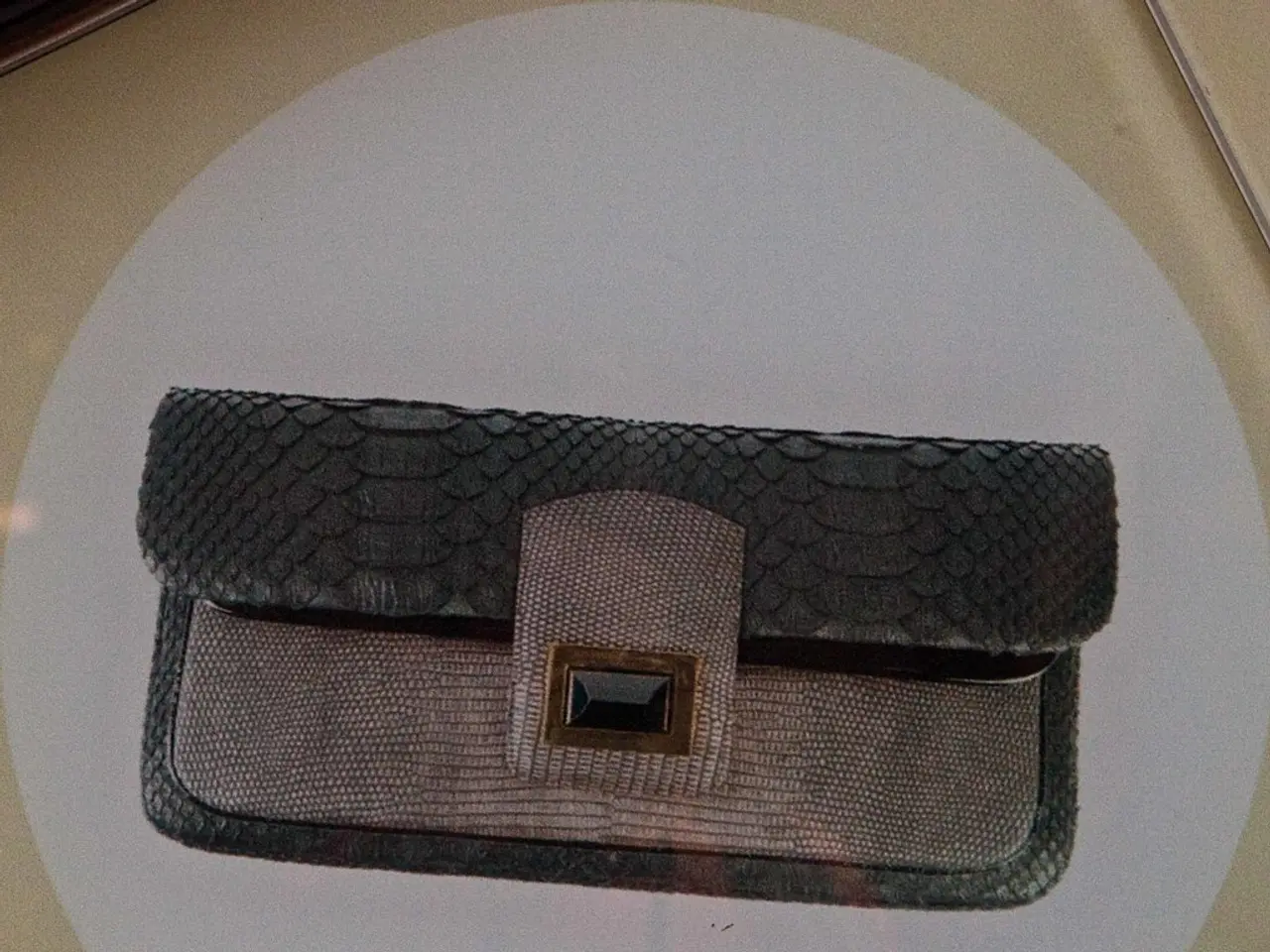Financial Empowerment and Goal-Setting Guide for Women: Expert Insights for Financial Independence
=================================================================================
In today's world, financial literacy is a crucial stepping stone towards building wealth and achieving financial independence. For women, who often face unique challenges such as lower pay, career interruptions, and longer life expectancy, a thoughtful, knowledge-based approach can help overcome these systemic hurdles and pave the way for lasting wealth and independence.
According to a survey conducted by Charles Schwab, 90% of female investors who are primary or joint financial decision-makers in their households feel they're on track to meet their financial goals. Yet, nearly 9 out of 10 respondents (85%) wish they'd started investing sooner.
Automating your finances is an easy way to build wealth. This includes setting up direct deposits, contributing to your 401(k), and establishing recurring transfers. Starting early and maintaining a long-term view is essential, understanding that compound growth is a powerful thing that can significantly grow a small investment over time.
Building financial literacy is the first step towards empowerment. Many women feel held back by a lack of financial education. Improving literacy—through books, podcasts, online resources, or financial literacy programs—builds confidence that leads to more informed decision-making.
Defining short-, mid-, and long-term goals helps create a roadmap and motivates disciplined saving and investing. Goals such as retirement, travel, or charitable giving provide a clear direction for your financial journey.
Consistent saving, especially in tax-advantaged retirement accounts like 401(k)s or IRAs, is critical. If you start investing in your 20s with 10% to 15% of your salary, you might not need to increase that percentage for the rest of your working years. For those age 50 or older, catch-up contributions to a 401(k) or IRA are a great way to max out your savings.
Creating a tailored financial plan is essential. This includes budgeting, understanding essential expenses, creating an emergency fund (recommended 3–6 months of expenses), and ensuring adequate insurance.
Women are increasingly interested in diverse asset classes beyond conventional ones, such as private equity or real assets. Access to structured, personalized investment advice can help translate this interest into action, overcoming barriers like limited access to financial education and professional guidance.
Sharing financial information and learning from each other's experiences can help build a support system and accelerate knowledge. Programmes like the Kiplinger Building Wealth offer access to financial advisers and various online resources.
Remember, investing involves risk, including loss of principal. It's crucial to be selective about where you get your financial information and seek professionals who are licensed and regulated. High-interest debt should be paid down to improve your credit history, which impacts your ability to get a loan, buy a home, or even land a job.
Building and maintaining good credit is crucial. Building wealth is a lifelong journey, and the earlier you start, the stronger your foundation can be. Providers such as Schwab offer a wide range of online resources and opportunities to learn from experts.
In sum, a thoughtful, knowledge-based approach combining education, disciplined saving and investing, comprehensive planning, and professional guidance forms the foundation for women to achieve greater control over their financial futures. This empowers them to overcome systemic challenges and build lasting wealth and independence.
- To complement their financial literacy, many women are exploring diverse asset classes such as private equity or real assets, desire for which can be facilitated through structured, personalized investment advice.
- In conjunction with health-and-wellness, women's health is also an essential focus area that demands attention, especially considering the longer life expectancy that women often face in today's world.
- Investing in education and self-development can equip women with the knowledge they need to navigate the unique challenges they encounter in their financial journeys, ultimately enabling them to make informed decisions in science, finance, and personal-finance, among other domains.




